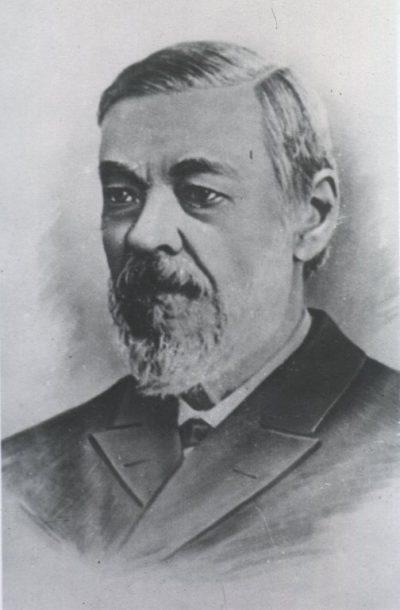Ivan Sechenov (Ivan Mikhaylovich Sechenov)

Ivan Mikhaylovich Sechenov (Russian: Ива́н Миха́йлович Се́ченов; August 13 [O.S. August 1] 1829, Tyoply Stan (now Sechenovo) near Simbirsk, Russia – November 15 [O.S. November 2] 1905, Moscow), was a Russian physiologist, named by Ivan Pavlov as “The Father of Russian physiology”. Ivan Sechenov authored the classic Reflexes of the Brain introducing electrophysiology and neurophysiology into laboratories and teaching of medicine. Ivan Sechenov’s major interest was neurophysiology (the structure of the brain). He showed that brain activity is linked to electric currents and was the first to introduce electrophysiology. Among his discoveries was the cerebral inhibition of spinal reflexes. He also maintained that chemical factors in the environment of the cell are of great importance. Between 1856 and 1862 Sechenov studied and worked in Europe in laboratories of Johannes Peter Mueller, Emil du Bois-Reymond, Hermann von Helmholtz (Berlin), Felix Hoppe-Seyler (Leipzig), Carl Ludwig (Vienna) and Claude Bernard (Paris). Like several other Russian scientists of the period Sechenov was often in conflict with the tsarist government and conservative colleagues, but he did not emigrate. In 1866, the censorship committee in St. Petersburg attempted judicial procedures accusing Sechenov of spreading materialism and of “debasing of Christian morality”. Ivan Sechenov’s work laid the foundations for the study of reflexes, animal and human behaviour, and neuroscience. He was an influence on Vladimir Bekhterev and Vladimir Nikolayevich Myasishchev when they set up the Institute of Brain and Psychic Activity in 1918.
Born
- August, 13, 1829
- Sechenovo, Russia
Died
- November, 15, 1905
- Moscow, Russia
Cemetery
- Novodevichy Cemetery
- Moscow, Russia



